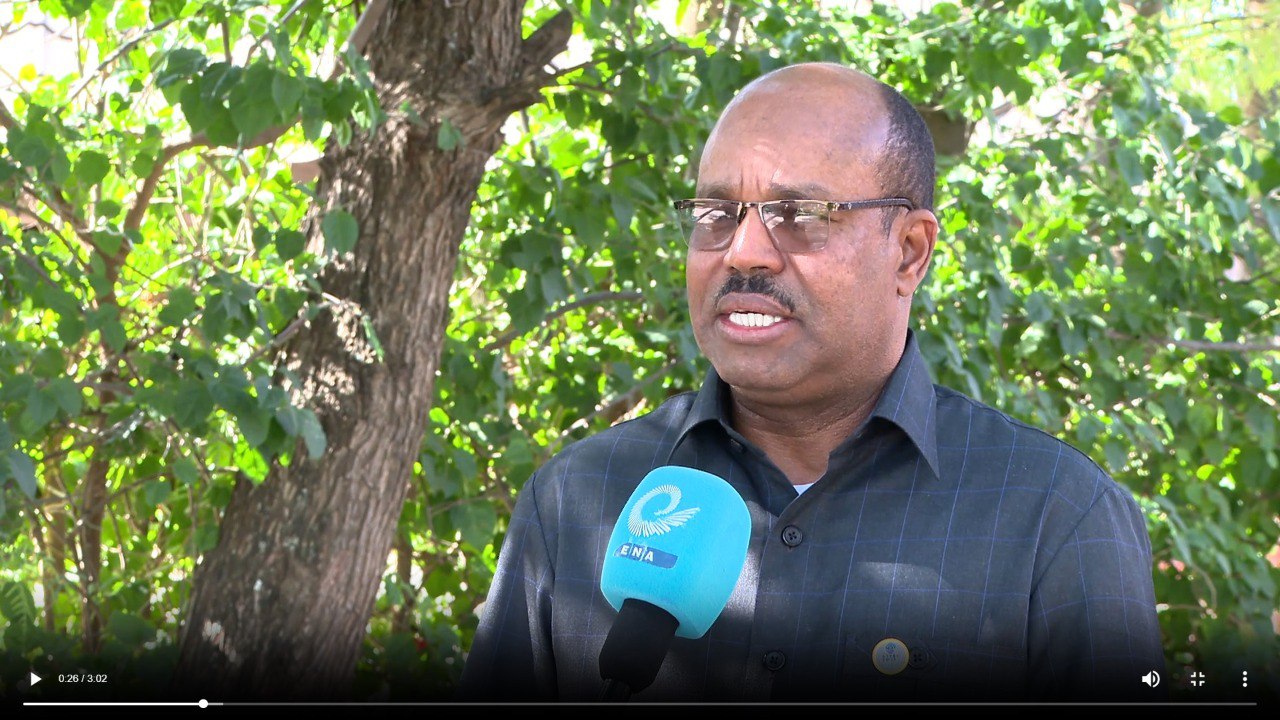Ethiopia’s Macroeconomic Reforms Address Manufacturing Bottlenecks - ENA English
Ethiopia’s Macroeconomic Reforms Address Manufacturing Bottlenecks

Addis Ababa December 24/2024 (ENA) — The Ministry of Industry has stated that macroeconomic reforms implemented by the Ethiopian government since July have successfully addressed key bottlenecks in the manufacturing sector.
Industry State Minister, Hasan Muhumed Moalin, told ENA that the reforms have, for example, alleviated the long-standing foreign currency shortage that previously hindered manufacturers' ability to import essential inputs, spare parts, and machinery.
On Friday, the ministry organized a public-private dialogue aimed at addressing challenges and seizing opportunities to unlock the potential of the manufacturing sector.
“We had a public-private dialogue focused on our economy, led by the private sector, which plays a crucial role," Hasan said. "Therefore, it is important to understand the problems, challenges, and opportunities arising from the macroeconomic reforms. In this context, foreign exchange was a major constraint for the manufacturing sector, limiting the importation of spare parts, inputs, and machinery. However, the macroeconomic reform has completely resolved this issue.”
To support manufacturers, the government has addressed foreign currency constraints, improved access to finance and electricity, and prioritized financial services for the manufacturing sector, said the State Minister.
The government has also included the manufacturing sector in its national development plan, alongside other key sectors, recognizing its crucial role in domestic consumption, export growth, import substitution, and overall economic development.
The Ethiopian government has been providing policy support to the manufacturing sector, with Prime Minister Abiy Ahmed establishing a National Council led by Girma Biru.
This council brings together various stakeholders to address sector-specific challenges and seize opportunities. Regular discussions are held to resolve challenges and capitalize on potential opportunities.
As part of the efforts, manufacturers across Ethiopia have been identified, categorized by scale and sector, to better understand their capabilities and provide appropriate support.
“We have classified more than 252 anchor manufacturers into three categories: small, medium, and large-scale. These companies were also categorized based on the products they manufacture,” the state minister said. He emphasized that support would be provided to these identified and classified manufacturers, whether for supplying the domestic market or for export.
Beyond enhancing production quality and productivity, the manufacturing sector is also preparing for the African Continental Free Trade Area (AfCFTA).
The ministry is working diligently on import substitution, export growth, quality improvement, and capacity building. Ethiopia has already achieved over 816 million USD in import substitution since the macroeconomic reform began.
“Import substitution and export issues, which were once significant challenges, are now progressing well. Things are changing dramatically,” he noted.
The government is committed to fostering a thriving manufacturing sector that will significantly contribute to Ethiopia's economic transformation.
“Things are moving in the right direction. For the first time in Ethiopia's history, the government is providing such focused support to manufacturers to increase productivity, reduce inflation, and lessen dependency on foreign products,” he concluded.
By addressing key challenges and promoting competitiveness, the government aims to unlock the full potential of the manufacturing sector, he said.